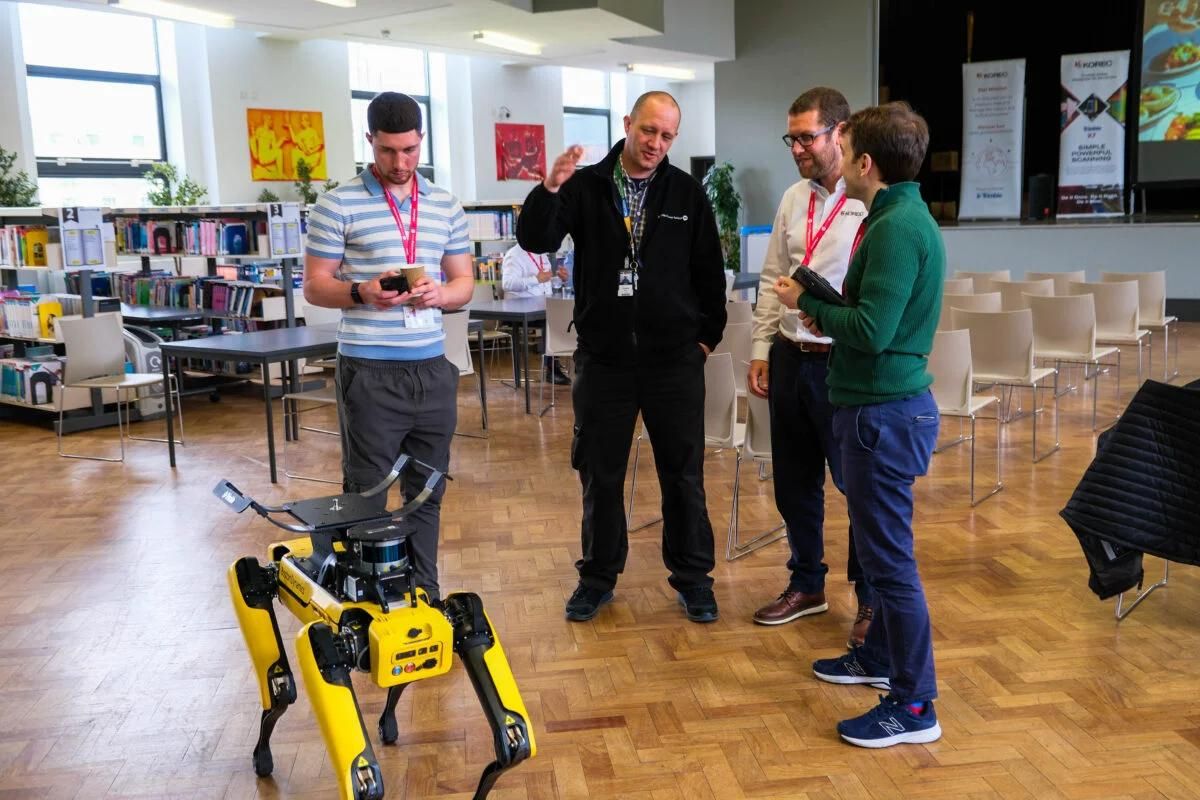2024: The Year of Upskilling

Learn how embracing innovative learning methodologies, preserving L&D budgets, and prioritising skill development are key imperatives for organisations navigating the evolving world of work and the increasingly digital landscape. By fostering a culture of continuous learning and development, companies can not only address immediate skill gaps but also future-proof their workforce, ensuring sustained success in the dynamic market of 2024 and beyond.
2024 will usher in a transformation in traditional learning and development methods, as companies not only look to plug any skill gaps in the digital age but also retain employees who are increasingly concerned about their personal development.
With a staggering 80% of the workforce no longer confined to desks, there is a need for HR departments to adapt their approach to Learning and Development (L&D) as the conventional techniques tailored for office-based employees are becoming outdated. So, what does the future hold for learning in 2024, and how can employers help their employees with their training journey?
Learning Experience Platforms
As a novel approach to learning, the Learning Experience Platform (LXP) will emerge as an evolution of the Learning Management System (LMS) that has been a familiar feature of the L&D landscape. While the LMS ensures a consistent baseline of knowledge across an organisation, the LXP empowers employees to self-direct their learning journey. Using AI-enabled iterative development, LXPs recommend personalised content, enabling employees to take charge of their development autonomously. Learning is not a one-size-fits-all exercise – different employees will have different areas that they want to focus on and progress depending on their chosen career direction, and an effective learning and development strategy must recognise this.
Employee empowerment
The growth of LXPs points to a broader trend – the empowerment of employees created by giving them more control of their learning. In 2024, there will be a heightened focus on fostering employee autonomy in learning, particularly in industries with high churn rates. Mobile-delivered learning, increased personalisation, micro-learning, and on-the-job training will all be crucial areas of emphasis to retain frontline workers.
To create a holistic learning experience, we need to depart from traditional, synchronous, ‘instructor-led’ approaches. Instead, the focus should be on learning at the point of need, equipping employees with knowledge and experiences relevant to the changing market. For example, demand is growing among organisations for individuals with advanced digital skills given the rapid advancements in generative AI.
Learning budgets must not be cut
Businesses will still be feeling the pressures of inflation and rising costs from 2023, but it is important to ensure that L&D budgets are not the first to go. De-prioritising L&D is a short-term view and neglects the long-term consequences. The impact of not investing in your people can take a long time to become apparent but can be incredibly costly to fix once it does. To thrive, L&D departments must spend wisely and showcase the value of their investments through metrics that demonstrate business improvement. Metrics such as compliance attainment, cost savings, revenue impact, and strategic contributions will play a crucial role in justifying the value of L&D initiatives.
Skills of the future
The constantly evolving job landscape, driven by shifting technologies, demands a constant focus on upskilling. Soft skills and leadership abilities are becoming increasingly valuable, especially in sectors where AI disruptions are expected. Collaboration between L&D departments, employees, and managers is crucial to identifying current and future skill needs.
Once identified, leadership teams need to ensure there is an effective L&D strategy put in place that will empower employees to take control of their learning, helping their career development, but also the bottom line of the business. With 62% of employees considering leaving their current job due to insufficient learning opportunities, there is a clear business case for making L&D a priority in 2024.
In summary, embracing innovative learning methodologies, preserving L&D budgets, and prioritising skill development are key imperatives for organisations navigating the evolving world of work and the increasingly digital landscape. By fostering a culture of continuous learning and development, companies can not only address immediate skill gaps but also future-proof their workforce, ensuring sustained success in the dynamic market of 2024 and beyond.
By Jeanette Wheeler, CHRO of MHR











Responses